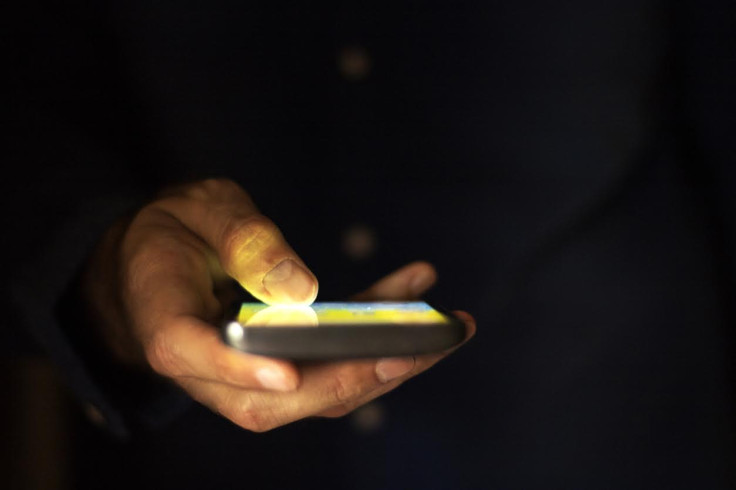Dictionary.com hit with privacy complaints after Android app 'tracks user locations'
Welcome to 2017, when even dictionary applications may be an invasion of privacy.

Dictionary.com has been hit with a sheet of criticism after its free and premium Android applications were updated in a way that could seemingly track the locations of users. Under the guise of bug fixes, the changes included accessing "exact locations" via the device's GPS.
The issue was first highlighted on Reddit, with commenters complaining about the increased level of permissions the updated app granted by default. Some suggested the company would track users and sell the data for advertising purposes.
A user published a screenshot showing the premium Android app, last updated on 24 July 2017, requesting access to "precise" locations and the phone's status.
Under a headline of "other", the description from Google's official marketplace stated that it could also pair with Bluetooth devices and view WiFi connections.
One user said: "I don't need offline support enough to use an app that requires way too many permissions." Another added: "If the service is free you are the product. They are collecting this information to sell to advertisers. This is the business model."
As noted by The Next Web, Dictionary.com's terms of service page revealed the privacy changes were first introduced on 17 July – a week before being officially implemented into mobile.
On Google Play, a commenter called Phillip Reid referenced the app's update on 26 July.
He wrote: "'By using this services and/or agreeing to this TOS, you consent to the collection, storage and processing of your data as set forth in our Privacy Policy.' What? This is a dictionary!"
A company spokesperson told IBTimes UK: "The updates are designed to help us make Dictionary.com an even better experience.
"Knowing our users' location allows us to enhance certain features, such as our mapping capability, which allows users to see popular lookups from others nearby, in addition to playing a role in improving the ad experience supporting our free apps. Other permissions are tied to features such as the ability to look up words from other apps or while offline."
Dictionary.com's terms of service does include a section dedicated to mobile device permissions.
It reads: "When you use one of our location-enabled services we may need to collect and process information about your specific GPS location and the time [it] was recorded, and we may use that information to customize the services with location-based information, advertising, and features.
"Some of these services require us to associate location data with your device ID and other information we hold about you. If you wish to use the particular feature, you will be asked to consent to your data being used for this purpose. You can withdraw your consent at any time."
The application on Android alone current has between 100,000 and 500,000 downloads.
© Copyright IBTimes 2025. All rights reserved.




















